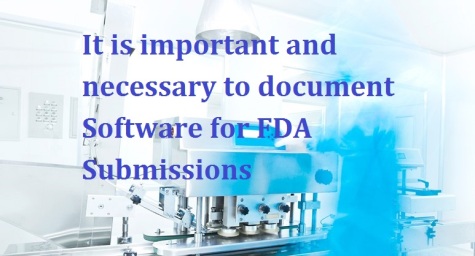Healthcare Compliance Professional Courses @ 10$ from GlobalCompliancePanel

Healthcare professionals now have a stronger reason than ever before to enroll for professional learning courses and upgrade their knowledge. GlobalCompliancePanel, a highly reputable provider of professional trainings for all the areas of regulatory compliance, will offer a pick of their healthcare compliance courses for just $10.
Healthcare professionals have always been flocking to GlobalCompliancePanel to partake of professional trainings courses that are valuable, relevant and highly interesting. They will now have more reasons for doing so and join thousands of healthcare regulatory professionals who have already benefited from GlobalCompliancePanel’s professional trainings, because it is not every day that one comes across an offer in which the professional gets to pay a mere 5% of the original price of the webinars!
These recorded webinars are on a number of topics concerning healthcare. Healthcare professionals can use these courses to augment the learning they have gained over the years and climb up in their professions with even greater ease. What’s more; healthcare professionals have such a huge number and variety of courses to choose from that they can opt for several courses of relevance to them without burning a hole in the pocket.
Why is GlobalCompliancePanel doing this? Simple: It wants more and more healthcare professionals to take up courses that are relevant and valuable to them, so that the knowledge needed for becoming successful in their careers spreads wider and goes deeper. After all, meeting regulatory compliance requirements is the number one challenge for any healthcare professional, who sees no way out of the regulatory maze without the professional trainings needed to understand them. When such a course is available at a throwaway price of $10, isn’t that a delightful thing to have?
Let us feature a couple of the topics on which GlobalCompliancePanel is offering these courses to healthcare regulatory professionals:
The HITECH Acts Impact on HIPAA
HIPAA enforcement is a matter of serious concern to many healthcare professionals. Many of them, even highly experienced ones, are clueless about some of the aspects of this enigmatic law. When HITECH combines with HIPAA; the confusion is doubled. The two laws intersect at many places, thus compounding the complexity of enforcement. This webinar from GlobalCompliancePanel offers clarity and helps them ease the confusion about this law.
Further, the nature and roles of a host of HIPAA-related items such as breach notification, business associate contracts, training of staff and security of PHI for Business Associates can be daunting to understand and implement. Webinars such as this are designed to help healthcare professionals steer clear of the stumbling blocks that they could encounter in implementing these.
Preparing a Medical Product Regulatory Requirement Plan
What happens when healthcare companies fail to meet regulatory requirements set out by the FDA and other regulatory agencies? The consequences are disastrous, and can range from penalties to having their business shut down. One of the foundations to avoiding this sort of situation is to develop a medical product regulatory requirement plan.
A medical product regulatory requirement plan charts out the regulatory requirements that need to be met from step one, which is quite literally Day One of the start of the process of making healthcare products. A detailed and organized medical product regulatory requirement plan is indispensable to ensuring in the end that the healthcare product meets the regulatory requirements.
It is this priceless learning that this webinar from GlobalCompliancePanel imparts. And yes, at $10!
Drug Safety and Pharmacovigilance
Pharmacovigilance, a crucial area of healthcare, needs to be implemented in full according to the requirements set out in regulations from the FDA, EMA and other regulatory agencies. Drug safety being deeply tied to PV; the proper implementation of the latter is needed to ensure the former.
PV is essentially about ensuring drug safety by implementing measures throughout the process of production. A healthcare company has to comply with directions from a number of regulatory agencies in order to have its products passed by them and to gain permission to enter different markets. They cannot afford to take one wrong step in the whole process. A number of areas such as clinical trials, marketing, disease management and government are just some of the areas in which pharmacovigilance is indispensable.
This webinar from GlobalCompliancePanel is a great means to getting a complete understanding of this intricate topic. The topic is of great relevance to healthcare professionals, but what’s more; it comes at this unbelievable price tag of just $10!
Contact Details:
http://www.globalcompliancepanel.com/webinars_home
John.robinson@globalcompliancepanel.com
Support@globalcompliancepanel.com
+1-800-447-9407
Labels: compliance, fda, fda regulations medical devices, health, healthcare, Medical




